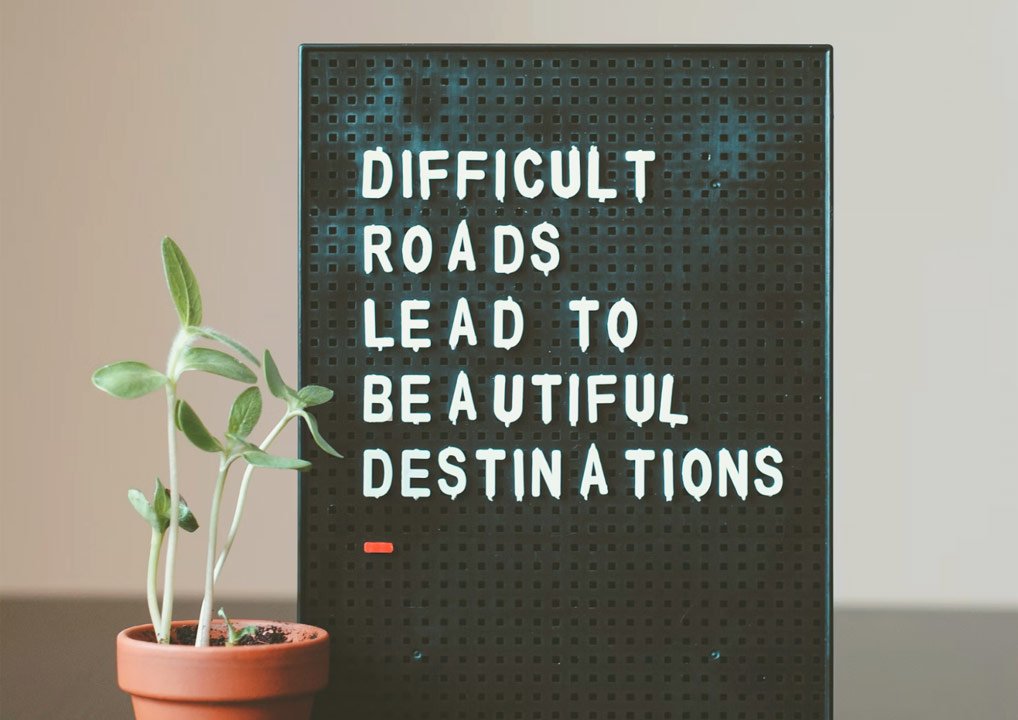We often encounter articles and videos on social media dedicated to dopamine, a concept that seems so ambiguous that few people have the patience to study it on their own. While we are familiar with some buzzwords associated with it, we are unaware of its pervasive presence in our motivations, behaviors, and even relationships. Let’s have a look at dopamine — just five additional minutes will give you a much better understanding of how you can wield this tiny part of yourself.
What Is Dopamine?
Now, let’s explore the question “What is dopamine?” before diving deeper. It is a neurotransmitter that sends signals between nerve cells in the brain. Perhaps you have already heard that it plays a crucial role in our reward system. This means that dopamine can influence our motivation and willpower, making us more or less likely to pursue our goals. All that drive to seek out the rewards (from food to a good party) is tied to this tiny chemical. Have you ever experienced a sense of satisfaction when you check an item off your list? That’s dopamine. When it is released, we feel pleasure and are more likely to repeat what we did before.
Dopamine is produced in several parts of the brain. It’s not just about rewards, though — it influences our movement, learning, attention, and emotional responses. And so you can see that its influence is much more all-encompassing than just feeling “good” or “bad.”
Time for Motivation: What Does Dopamine Change?
Motivation doesn’t just appear out of sheer luck or willpower. It’s a chemical response that has dopamine as its lead actor. Dopamine doesn’t simply reward us after we achieve something — it actually rises before we take action. It’s signalling that there’s a potential reward ahead, but we need to make it happen!
Dopamine leads to anticipation and not just a reward. That time you are waiting for your cup of tea for a comfy time with a book in front of a fireplace? You must already be feeling giddy with excitement. It’s dopamine rising, nudging you: hey, it’s time to feel happy already.
What’s more interesting is that dopamine is about the wanting, not just a blind satisfaction. It fuels your desire to pursue something. It doesn’t guarantee that you’ll have the pleasure you crave, but you want to try.
Higher dopamine means higher drive. When dopamine is flowing freely, we are more likely to try new things, experiment, and be more curious. Low levels of dopamine are associated with feeling exhausted or even depressed if the issue is persistent.
Building Habits With Dopamine
Want to quit smoking? Start exercising? Read more pages of nonfiction per day? Dopamine is your best friend when it comes to this.
In reality, habits don’t form because we repeat them — well, that’s not the whole picture at least. It’s about the feeling of reward for the work done.
Here’s a simple formula of habit formation: Cue → Behavior → Reward → Dopamine = Habit loop. When our brain remembers the behavior as worth memorizing, it is more likely to encourage us to pursue it later.
Why do we have bad habits, and what’s driving us to repeat them even when we know they are bad for us? Satisfaction. For example, a person might know that it’s bad to drink alcohol every night, but they had a tough day at work. And the only thing that keeps them up and running is the knowledge that they’ll have a glass of wine after dinner. That’s how dopamine can play unpleasant tricks on us.
Fortunately, the same can be said about positive habits! Your brain likes efficiency, so when you add a helpful behavior into your routine, you won’t even think about it over time. That’s how we keep brushing our teeth or taking a shower. It’s as if we’ve bookmarked certain behaviors that have been working for us.

More Than Just One Emotion
Did you think that dopamine only affects pleasure? In reality, it touches a wide range of emotions within us. It can shape our emotional reactions by redirecting our attention or framing how we respond to setbacks. Here’s how.
High levels of dopamine make us more resilient and optimistic. So even if we face a challenge or even fail at something, we aren’t as affected by it as if we had low dopamine levels. That’s quite a helpful bonus, don’t you think?
The romantics among us might like the idea that dopamine also assigns emotion to things and people. A hug, a compliment, or a sunset becomes more meaningful because dopamine signals that this exact thing is valuable. This way, a letter (or a text) written by someone we love sends a nice jolt our way, while a letter from a tax company can make us feel either negative or nothing at all.
At the same time, you might feel very down after exhausting days or feel like everything doesn’t matter. That might be a sign that your dopamine is depleted. If that’s the case, the best you can do is not to push yourself and just go slowly. Take a breath, do a lazy stretch, and go to bed early.
And here’s a fun fact about dopamine and rewards: Unexpected rewards give the biggest dopamine boost. That’s why slot machines and surprise messages are so engaging — they keep your brain guessing.
Summary
Dopamine has a complex role in our motivation, habits, and emotions. Creating an association between a cue and a reward enables us to build new routines. Although it can lead to unhealthy behaviors, it is also a powerful force behind our greatest achievements. Understanding this link gives us more autonomy and teaches us to use dopamine for our goals while keeping it fun.


